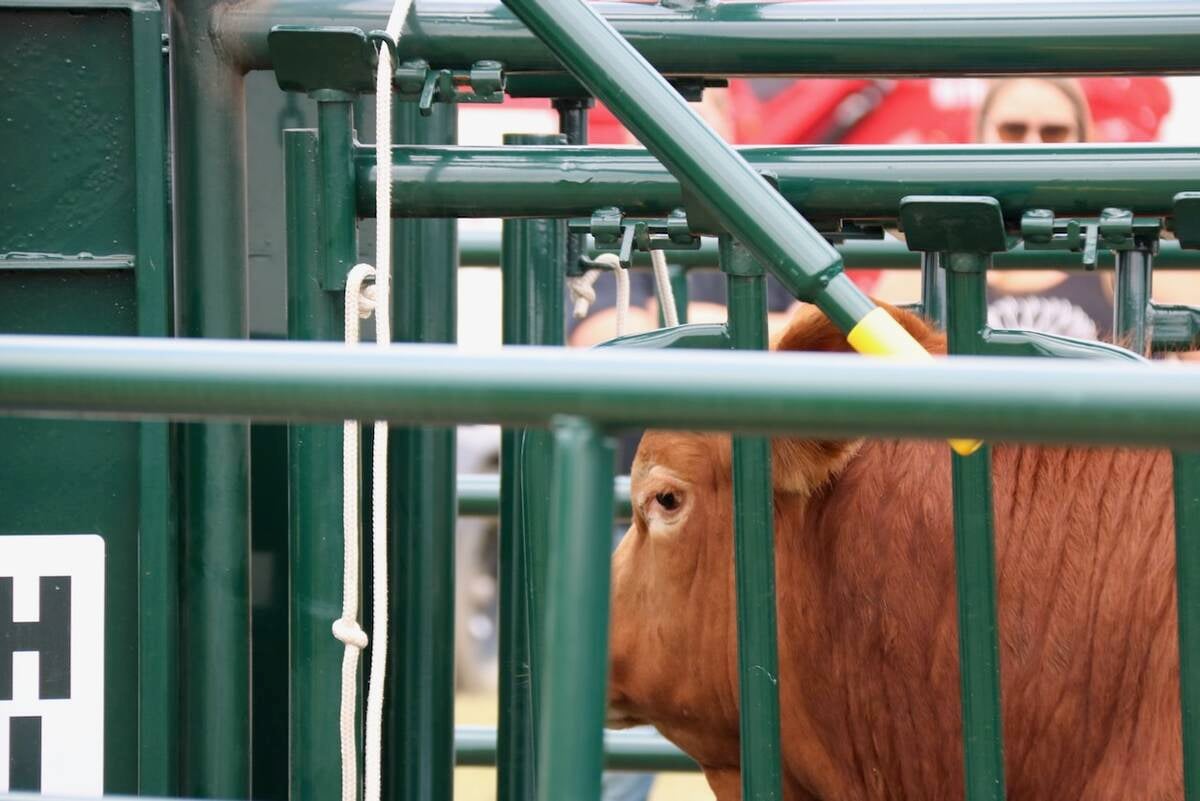The European feed industry insists that trade disruptions will continue as long as the European Union maintains its strict zero-tolerance policy for imports of unapproved genetically modified crops.
Klaus-Dieter Schumacher, head of economics with the Hamburg-based grain trading company Toepfer International, told Reuters News Service last week that a solution to European trade disruptions is more urgent than ever.
“This spring, new genetically modified plants will be sown in North and South America,” said Schumacher, who is a past president of COCERAL, an association of EU grain and oilseed traders.
Read Also

Good handling equipment a must on cattle operations
It’s important for the safety of producers and everyone else dealing with their stock that handling equipment is functional and safe.
“It’s unlikely that they will be approved for import to the EU by harvest time in October. This may lead to a similarly difficult situation to the past autumn.”
Europe follows a zero-tolerance policy for all unapproved GM crops, which means imports of any feed crop that show trace amounts of an unapproved GM plant are automatically rejected.
Last year, at least eight shipments of U.S. soybeans or soybean meal were rejected upon arrival in Europe.
Those shipments showed low-level presence of an unauthorized GM corn variety, MON88017.
A similar situation has disrupted Canadian flax exports to the EU.
Since last October, EU authorities have documented more than 75 cases in which Triffid, an unauthorized GM flax variety, has shown up in shipments of Canadian flax.
In the past few years, European importers have become increasingly concerned over the low-level contamination in imported feed and food ingredients.
Last year, COCERAL president Jean Michel Asper suggested that adherence to the EU’s zero-tolerance policy would lead to a complete halt of vital feed supplies from North and South America.
Asper predicted that no trading companies would be willing to bear the risk of exporting material that is likely to be rejected.
Officials with FEFAC, an organization of EU feed manufacturers, have also indicated on numerous occasions that a disruption of
soy-based feed products would devastate European livestock producers.
FEFAC secretary Alexander Doering told Reuters that amendments to the EU’s feed and food legislation are the most obvious solution to the emerging problem.
Feed costs in Europe have increased significantly in the past year, which is partly because of disruptions in the movement of imported corn and soybeans.
John Dalli, an EU commissioner in charge of GM policy in Europe, said he would propose a solution to GM related trade issues within the next few weeks.















